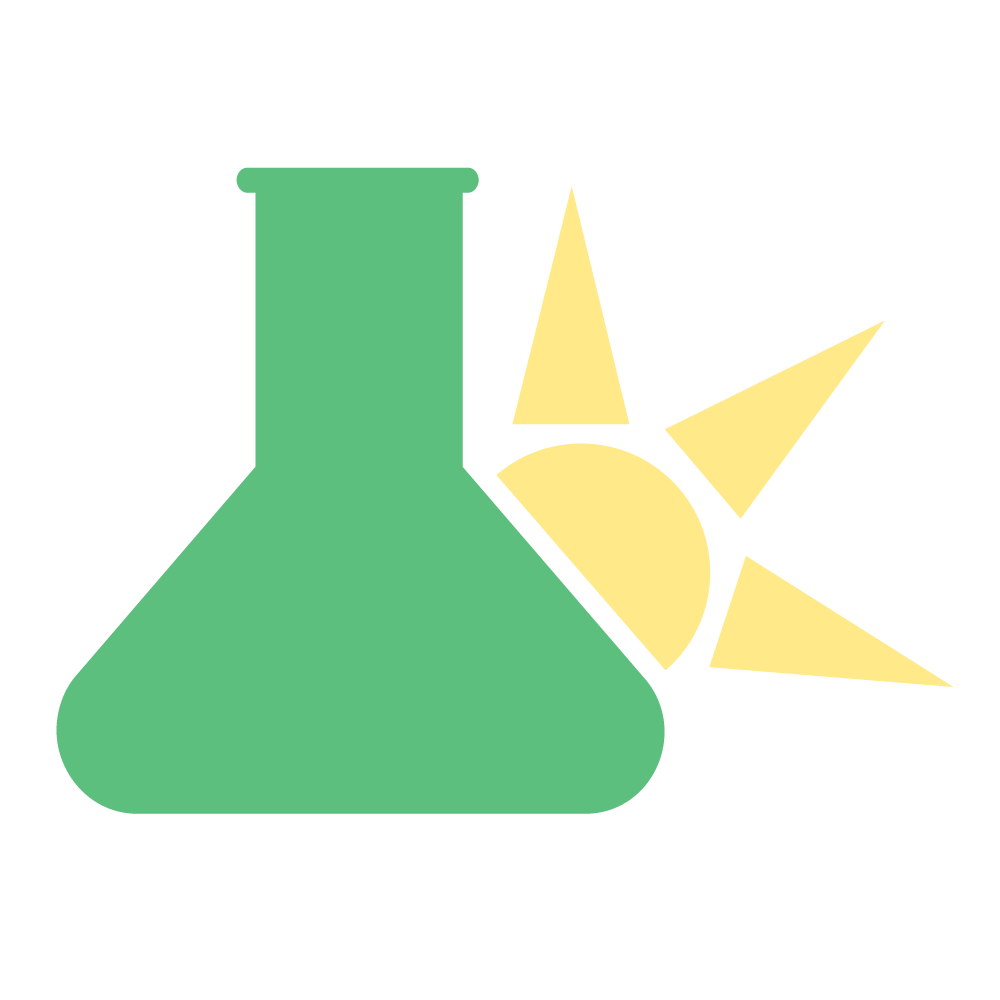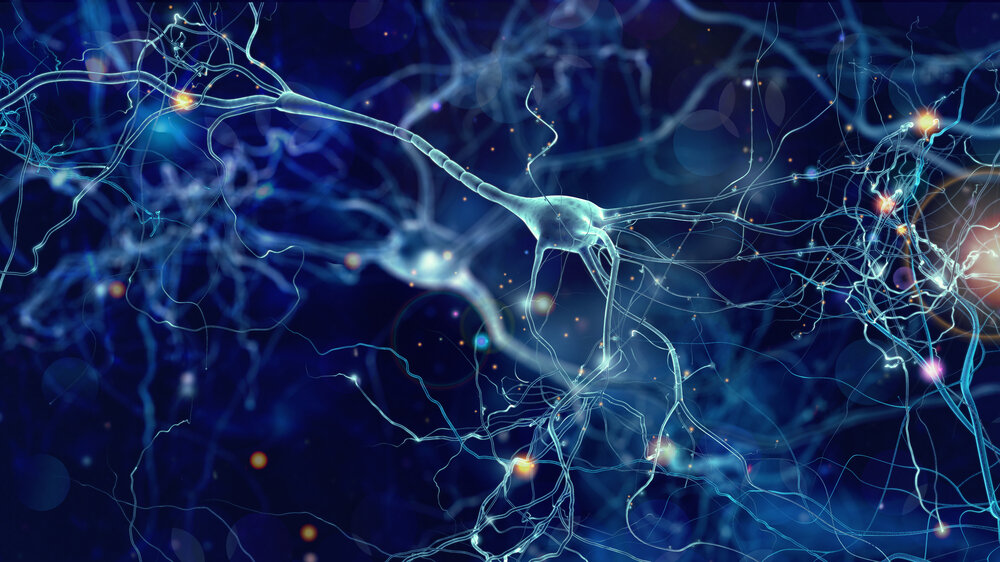High cholesterol levels are commonplace in our world today.
Many of us are forced to take statin drugs, and other medications in order to try and reduce cholesterol levels in our bodies before it leads to full blown arteriosclerosis and heart attack or stroke.
Before we get into how artichoke lowers cholesterol in the body, let's first address some common questions about cholesterol:
What Is "Good" and "Bad" Cholesterol?
Cholesterol is simply cholesterol.
There’s no real “good” or “bad” cholesterol.
Let me explain.
Cholesterol is a type of lipid and thus cannot travel freely through the water based blood. Imagine what happens when you put oils into water.
It separates instead of dissolving. This is why cholesterol needs transporter proteins to attach to in order to travel through the water based blood.
The LDL cholesterol is actually just the transporter for cholesterol from the liver. It stands for low-density lipoprotein. And as indicated by the name, it is actually a protein, NOT cholesterol. It is responsible, however, for delivering cholesterol from the liver to other areas of the body.
HDL, in the same way, is also a protein that carries cholesterol through the body. It stands for high-density lipoprotein. The difference, however, is that this protein removes the cholesterol from other areas in the body and returns it to the liver.
The reason that we call HDL "Good cholesterol" is that when a blood test determines this protein in higher numbers, it is an indication that cholesterol is being removed from the bodies cells.
LDL is considered as "bad cholesterol" because this is a sign that cholesterol is being added to the bodies cells and tissues.
We need cholesterol to survive, and in fact, it makes up the base molecule for most of the hormones circulating our body.
Although the body needs cholesterol to survive, it is widely agreed that if cholesterol is being delivered in high amounts it will eventually lead to arteriosclerosis and heart attack or a stroke. Therefore, a reduced LDL and increased HDL blood serum level is desired for long-term heart health.
Does Cholesterol Come From The Diet?
Cholesterol is only absorbed through dietary sources in very small amounts. The vast majority of cholesterol is actually made in the liver.
The rate at which cholesterol is converted is mainly due to the requirements for it throughout the body. As mentioned earlier, cholesterol is the base molecule for most sex hormones, and is necessary for cell membranes, and the bile used in digestion.
Eating high cholesterol foods will not result in high cholesterol and only accounts for a very small percentage of the bodies cholesterol content.
Why We Want To Lower Cholesterol
There are a few different theories as to why cholesterol is increased in the body in many individuals, the most prevalent theory suggests that there has been some form of damage in the bodies arterial systems, likely occurring from free radical species oxidizing and damaging the vascular lining.
Cholesterol is then sent out as a sort of "band-aid" to attach to and plug the damaged spot. Over accumulation of this, however, will lead to a buildup and hardening of the cholesterol "plaque". This may then either occlude blood flow totally, which if happens in the heart will result in a heart attack, or if in the brain results in a stroke.
If the plaque occurs elsewhere in the body but manages to break free and lodge itself in the brain or hear the same results can occur.
Lowering the risk factors for this happening by including a rich source of antioxidants in the body, plenty of fiber and water, and not indulging in too many inflammatory foods such as animal proteins and synthetic preservatives and added sugar can significantly reduce the chances of developing high cholesterol levels, to begin with.
For those individuals that do in fact develop high cholesterol, their bodies may need a little bit of help to reduce the cholesterol back towards healthy levels.
There are a few options including the pharmaceutical statin drugs which work by inhibiting a specific enzyme needed for cholesterol production in the liver.
There are a few commonly used herbs that work in a similar way, only they tend to be much gentler and bring with them much fewer side effects and long-term negative consequences.
This is where globe artichoke comes in...
How Does Globe Artichoke Work To Lower Cholesterol?
Artichoke has been used in traditional medical systems as a treatment for liver conditions for a very long time. It was popular among the Romans, and ancient Egyptians as well as a food source.
It was not until the 1970s however that the main chemicals responsible for artichokes powerful liver protecting and cholesterol lowering actions were discovered.
The first one they discovered was cynarin, which was named after the latin name of globe artichoke (Cynara scolymus). This chemical was shown to reduce cholesterol levels in mice models, through an inhibition of its production in the liver.
Interestingly, these scientists also discovered that it was not only cynarin that was producing these effects since some of the extracts that did not have this chemical still resulted in a lower LDL cholesterol score.
Since these early studies, it has been determined that there are actually several chemicals responsible for artichokes powerful liver protecting (hepatoprotective), and anticholesterol actions.
One of these chemicals, luteolin, was found to inhibit between 30 and 80% of the liver cells responsible for cholesterol production. On top of this, luteolin was shown to increase the excretion of cholesterol from the liver in the form of bile. These actions have been shown in a randomized, double-blind, placebo-controlled trial to lower LDL (bad) cholesterol while increasing HDL (good cholesterol) when compared to the treatment group.
Other constituents discovered, such as silymarin, which is also found in high amounts in milk thistle was able to produce similar effects in the liver. This chemical complex has a significant protective action on the liver cells, and has a similar action as luteolin on reducing both the production of cholesterol, and increases its excretion.
How to Take Globe Artichoke for High Cholesterol
Including Artichoke into your daily routine is the best way of using it to reduce your cholesterol levels. Corrective herbs such as this are best with long term use. herbs tend to be much gentler than pharmaceuticals, and last much longer in their effects, but do take a little while to turn things around.
Purchase a cholesterol extract such as this, or make your own using the leaves of the artichoke plant.
If using a 1:5 extract, take about 1 ml (30 drops) before meals twice per day. You can add it to a drink to dilute the bitter flavor, or take it straight onto your tongue (if you can handle it!).
Try this extract, or make your own using the leaves of the artichoke plant.
I recommend this Artichoke Extract.
Author:
Justin Cooke
The Sunlight Experiment












